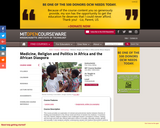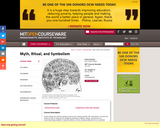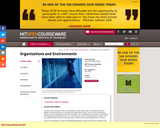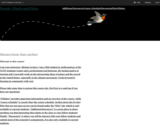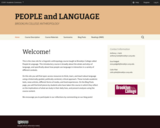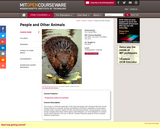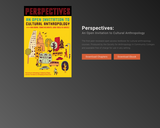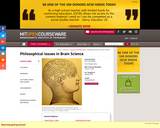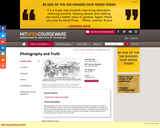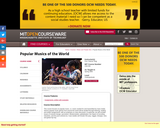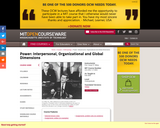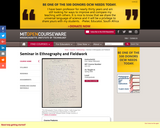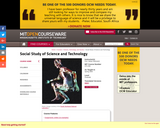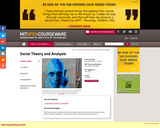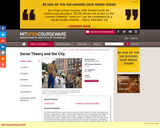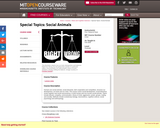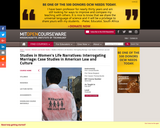Language, whether verbal or non-verbal, is one of the most universal social practices in our world — all people use language. But language use is also incredibly culture-specific, anchored in particular contexts, communities, groups, identities, and modalities. Linguistic anthropology, one of four fields in the discipline of anthropology, studies how people use language in their everyday lives. It is holistic and comparative in its approach to the study of humanity and stresses qualitative research, often through ethnography. This course will introduce students to the basic concepts, theories, and methods of linguistic anthropology, and demonstrate how language, culture, power, and politics are interrelated in the construction and dismantling of social structures. As COVID-19 continues to plague our world, human interaction is experiencing a fundamental shift that invites us to reflect on how and why we communicate the way we do. In this class, we will turn to the current social, historical, and political moment to guide our analysis of the linguistic and discursive manifestations of social inequalities.
Some of the questions we will ask include:
What is language? What is a language?
How do languages historically become languages?
What are the connections between language and our bodies?
How do language and identity inform and interact with each other?
In what ways does language influence politics and vice versa?
What are the differences between the terms creole, patois, dialect, language?
How do we learn language? What do we learn through language?
Has media changed language? How? Why? When?
bell hooks wrote: “Shifting how we think about language and how we use it necessarily alters how we know what we know” (1994: 226). Join us in working towards exactly that! [This course site and syllabus was created as part of the Open Pedagogy Fellowship, hosted by the Mina Rees Library at The Graduate Center.]
Read more about the course design here: https://gclibrary.commons.gc.cuny.edu/2020/11/09/languaging-in-the-cuny-academic-commons/
